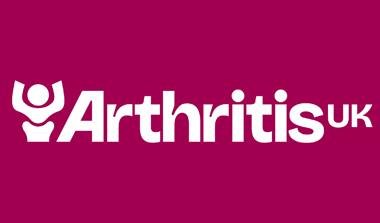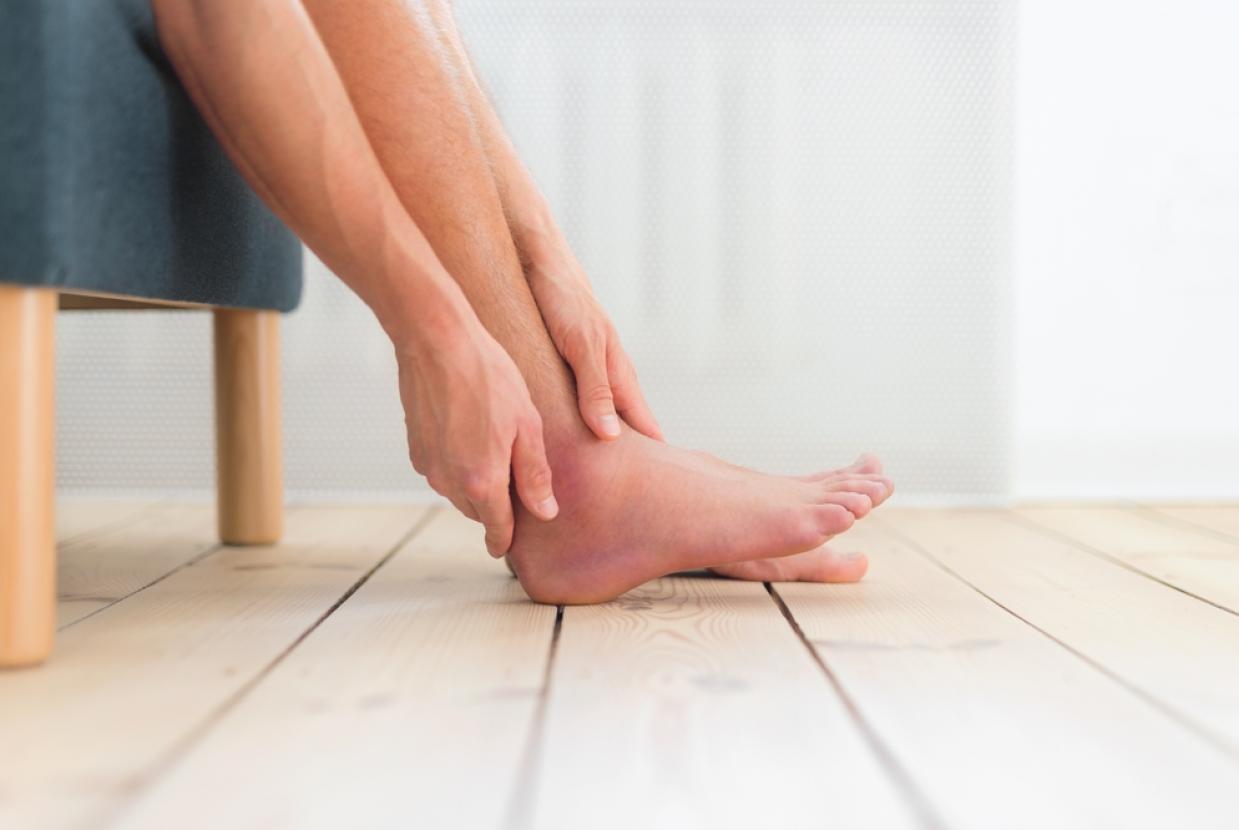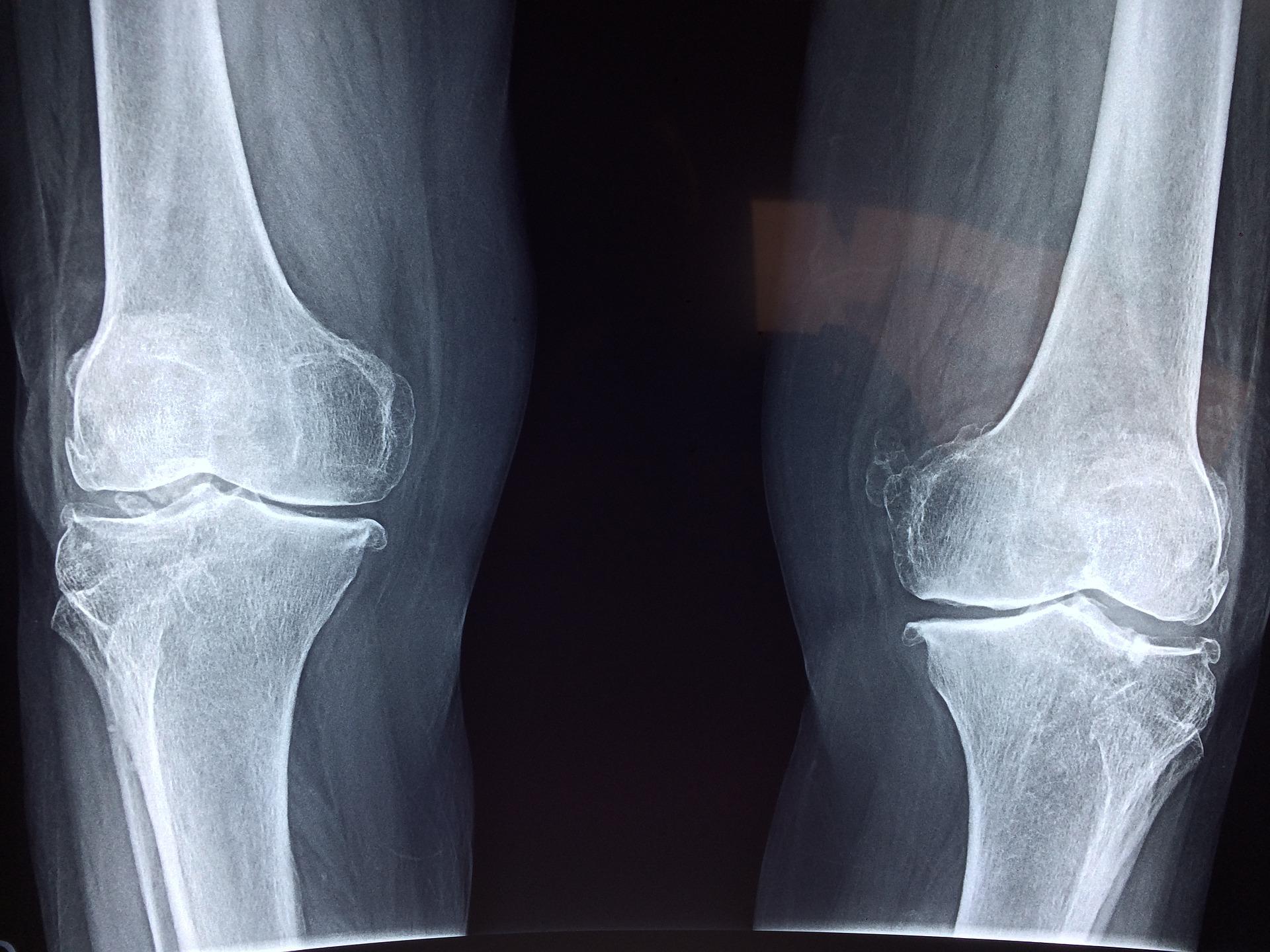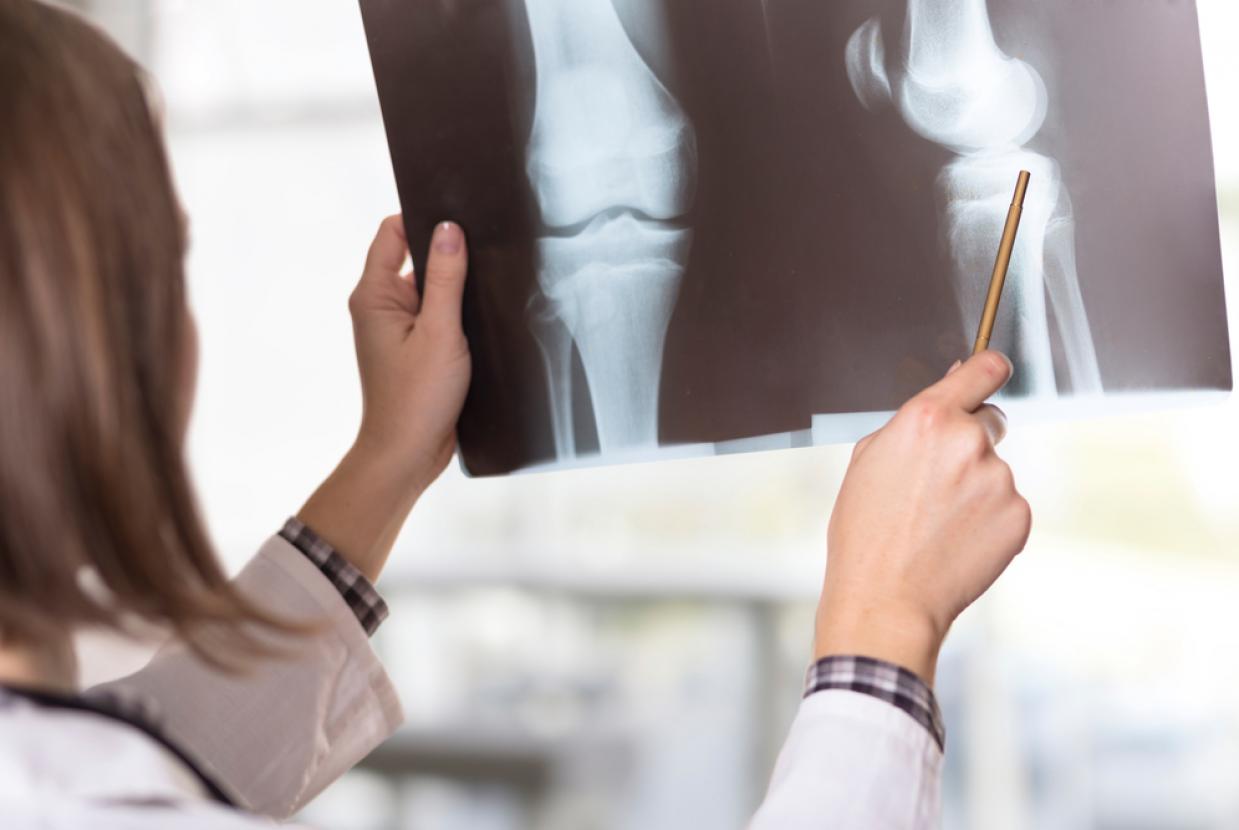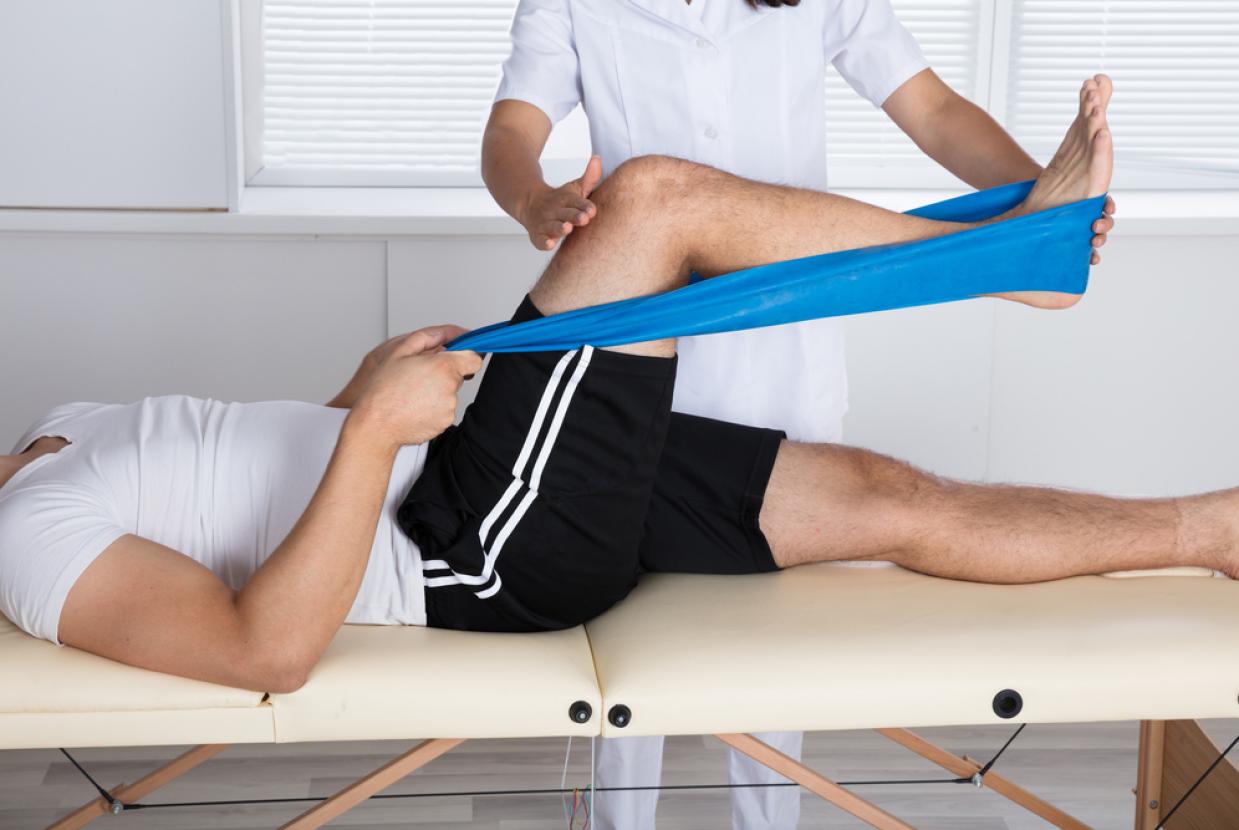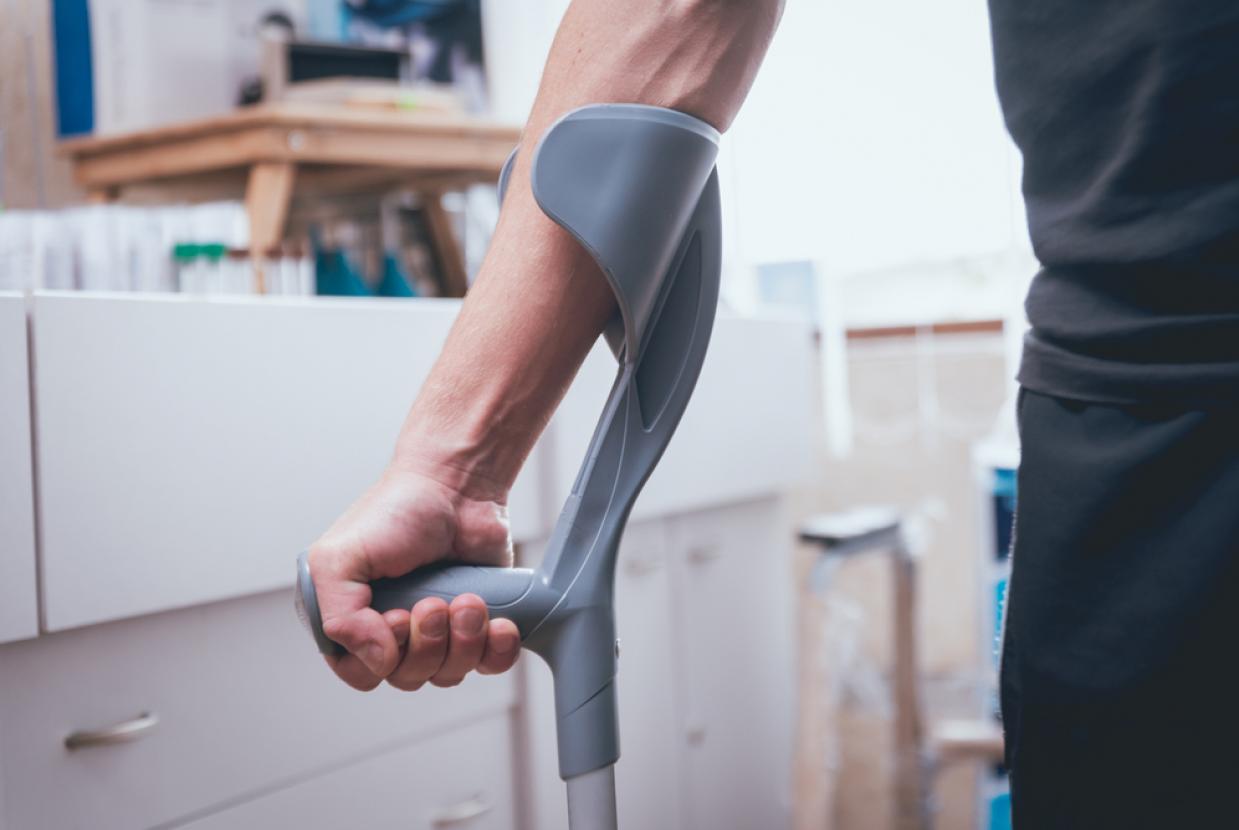Treatment
There are a variety of treatments available for rheumatoid arthritis. The earlier that intensive treatment is started, the more likely it is to work. There are three main ways to treat rheumatoid arthritis:
- drugs
- physical therapies
- surgery
Drugs
There are four main groups of drugs that are used to treat rheumatoid arthritis. These are:
- painkillers
- non-steroidal anti-inflammatory drugs (NSAIDs)
- disease-modifying anti-rheumatic drugs (DMARDs)
- steroids (also known as corticosteroids).
Many people with rheumatoid arthritis need to take more than one drug. This is because different drugs work in different ways. Your drug treatments may be changed from time to time. This can depend on how bad your symptoms are, or because something relating to your condition has changed.
Drugs may be available under several different names. Each drug has an approved name – sometimes called a generic name. Manufacturers often give their own brand or trade name to the drug as well. For example, Nurofen is a brand name for ibuprofen.
Painkillers
Painkillers can help to relieve the pain caused by rheumatoid arthritis, but should not be the only treatment used. There are many types and strengths of painkillers available – some can be bought over the counter from a pharmacy, while some are only available on prescription.
Disease-modifying anti-rheumatic drugs (DMARDs)
You will need to have regular blood tests if you take DMARDs, as they can affect your liver. It may be a while before you notice your DMARD working – possibly a few months. It is important to keep taking your medication during this time.
Steroids
Steroids are sometimes known by their full name: corticosteroids. Corticosteroids help to reduce the pain, stiffness and inflammation caused by rheumatoid arthritis. They can be used as:
- a tablet
- an injection directly into a painful joint
- an injection into your muscle.
They're usually used to provide short-term pain relief. This could be during a flare-up or while you're waiting for your DMARD medication to start working.
Corticosteroids are normally only used in this way because long-term use of corticosteroids can have serious side effects, including weight gain, osteoporosis and thinning of the skin.
Non-steroidal anti-inflammatory drugs (NSAIDs)
NSAIDs can be used to help control symptoms of pain, swelling or stiffness. They can be used in combination with painkillers. NSAIDs start working within a few hours, with the effects felt for a few hours to a whole day. Ibuprofen is a commonly prescribed NSAID.
NSAIDs can be taken as a:
- tablet
- capsule
- liquid
- suppository to be inserted into your bum
- cream
- gel.



